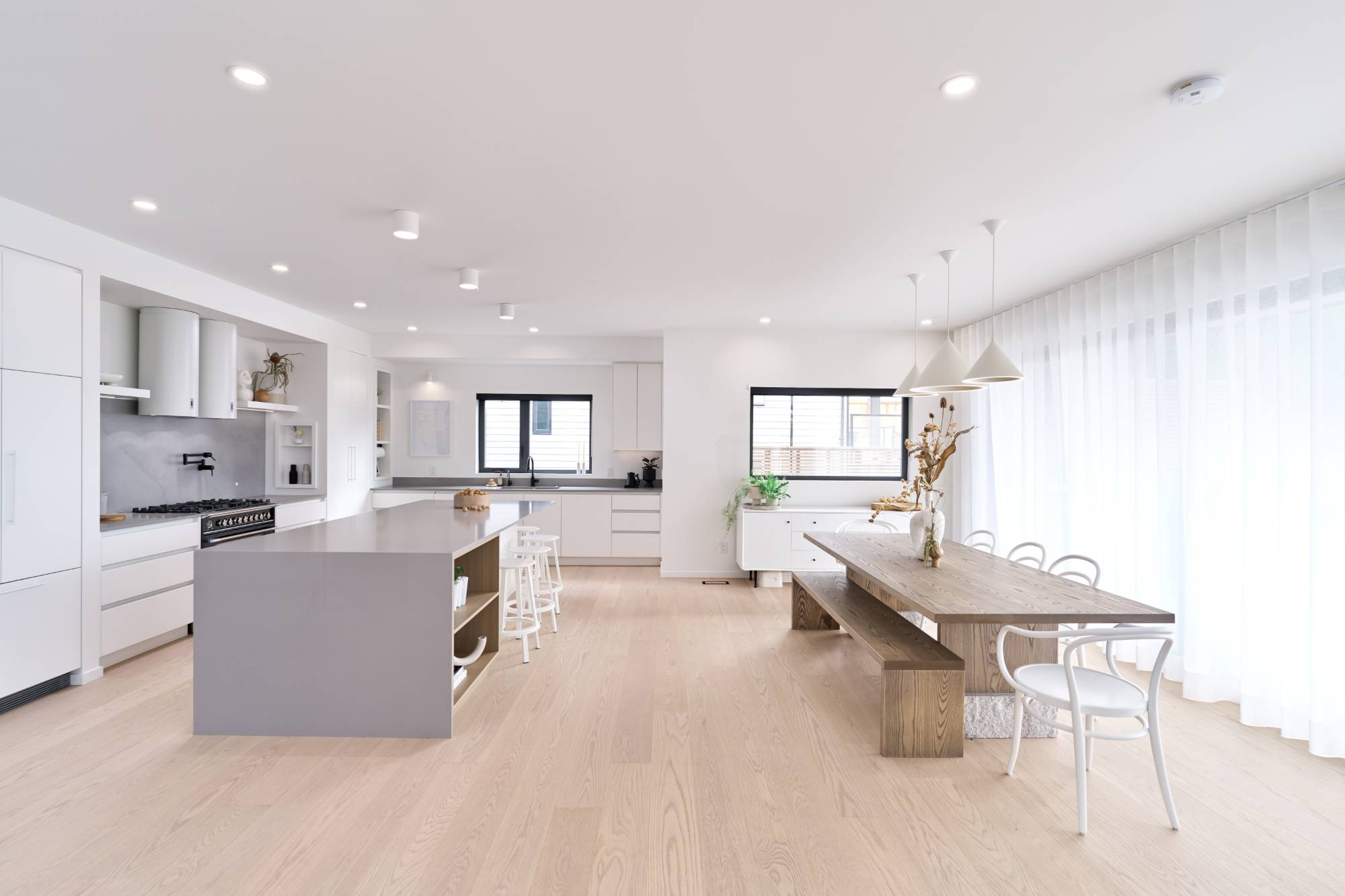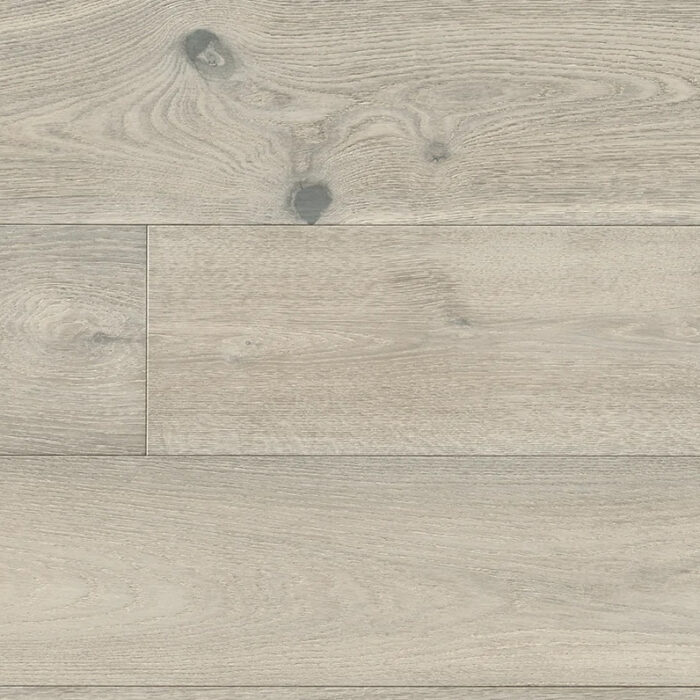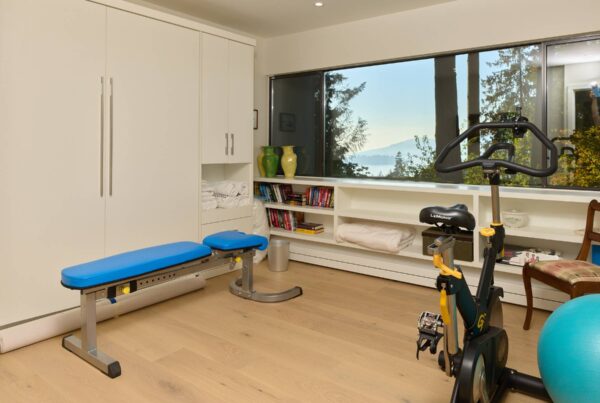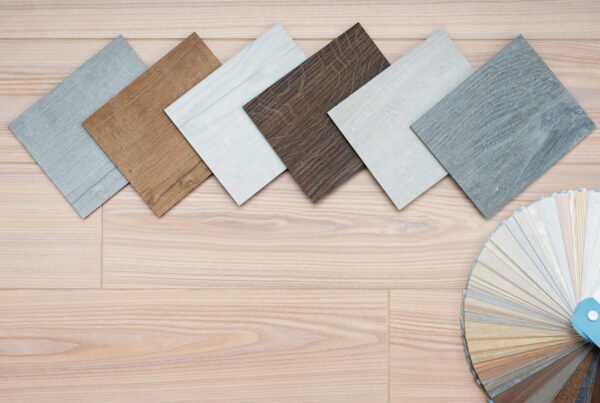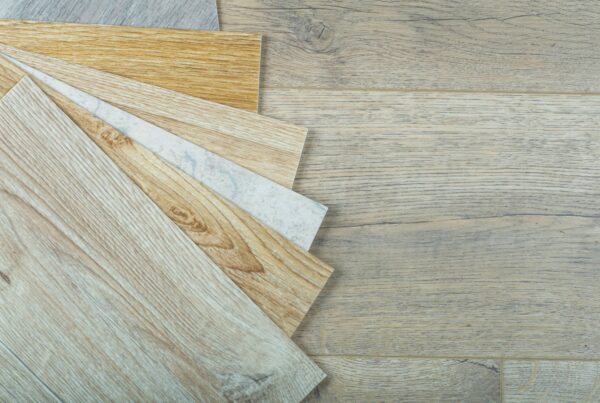When it comes to choosing flooring for your home, the decision between engineered hardwood and solid wood can be a daunting one. Both options offer unique benefits and considerations that can impact your choice. In this comprehensive guide, we’ll delve into the differences between these two popular flooring materials, examining their construction, durability, installation process, moisture resistance, cost, aesthetic appeal, maintenance requirements, environmental impact, and resale value. By the end, you’ll have a clearer understanding of which option best suits your needs and preferences.
Construction: A Closer Look
Engineered hardwood is crafted from layers of high-quality plywood or fiberboard, topped with a layer of hardwood veneer. This innovative construction method enhances stability, making it less susceptible to expansion and contraction due to changes in humidity compared to solid wood. On the other hand, solid wood is crafted from a single piece of wood, offering a traditional and authentic aesthetic. However, its susceptibility to moisture can lead to warping and cupping over time.
Durability and Lifespan: Which One Stands Taller?
In terms of durability, engineered hardwood often surpasses solid wood due to its multi-layered construction. It is more resistant to moisture and temperature fluctuations, making it suitable for installation in areas prone to humidity, such as basements and bathrooms. Additionally, engineered hardwood tends to fare better against scratches and dents, thanks to its protective top layer. While solid wood can be sanded down and refinished multiple times, engineered hardwood can still withstand several refinishing sessions, extending its lifespan.
Installation: Ease and Flexibility
One of the key advantages of engineered hardwood is its ease of installation. Its versatile click-lock or tongue-and-groove systems make it a popular choice for DIY enthusiasts, saving both time and money on professional installation. Solid wood, on the other hand, typically requires nailing or gluing down, which can be a more labor-intensive and costly process. However, solid wood offers the flexibility of being installed over existing hardwood floors, whereas engineered hardwood may require a level subfloor for optimal performance.
Moisture Resistance: Battling the Elements
Moisture resistance is where engineered hardwood truly shines. Its layered construction provides superior stability, reducing the risk of swelling and warping when exposed to moisture. This makes it an ideal choice for humid environments or areas prone to spills, such as kitchens and bathrooms. Solid wood, while inherently beautiful, is more susceptible to moisture damage, requiring diligent maintenance and moisture control measures to prevent issues such as cupping and mold growth.
Cost Comparison: Balancing Value and Budget
While engineered hardwood may initially seem more expensive than solid wood, its long-term durability and lower installation costs often make it the more cost-effective choice. Additionally, engineered hardwood’s ability to be installed over various subfloors can further reduce installation expenses. Solid wood, while offering a timeless appeal, can be pricier upfront and may require additional costs for installation and maintenance over time.
Aesthetic Appeal: Beauty in Every Plank
Both engineered hardwood and solid wood offer timeless beauty and warmth to any space. Engineered hardwood comes in a wide range of wood species, finishes, and styles, allowing for versatility in design. Its consistent appearance and uniformity make it a popular choice for modern interiors. Solid wood, with its natural variations and unique grain patterns, exudes a rustic charm and authenticity that can’t be replicated. Ultimately, the choice between the two comes down to personal preference and design aesthetics.
Maintenance and Care: Keeping Your Floors Pristine
When it comes to maintenance, both engineered hardwood and solid wood require regular upkeep to maintain their beauty and longevity. Simple measures such as sweeping, vacuuming, and occasional mopping are essential for removing dirt and debris. Engineered hardwood may require less frequent refinishing compared to solid wood, thanks to its durable top layer. However, both types of flooring benefit from protective measures such as area rugs and furniture pads to prevent scratches and dents.
Environmental Impact: Eco-Friendly Considerations
When it comes to eco-friendly considerations, engineered hardwood often emerges as the frontrunner. Why? Because it’s crafted using less hardwood material than solid wood, which means less strain on natural resources. Plus, many manufacturers are turning to fast-growing wood species for the core layers, further reducing the environmental impact. Some engineered hardwood options even boast formaldehyde-free adhesives and environmentally friendly finishes, ticking all the boxes for the environmentally conscious homeowner.
But it’s not just about sustainability – engineered hardwood also excels in versatility. Its innovative construction allows for wider plank widths and longer board lengths, minimizing waste during installation. And because it can be installed over various subfloors, including concrete and existing flooring, it reduces the need for demolition and disposal of old materials, making it a greener choice all around. So, if you’re looking to make an environmentally friendly statement without compromising on style or performance, engineered hardwood is the way to go.
Resale Value: An Investment for the Future
When it comes to resale value, choosing engineered hardwood can be a savvy investment for the future. Engineered wood’s durability and resistance to moisture and temperature fluctuations make it an attractive feature for potential homebuyers. Unlike solid wood, engineered hardwood is less prone to warping, cupping, and other damage caused by changes in humidity, making it an appealing option for homes in diverse climates. Its ability to maintain its aesthetic appeal over time with minimal maintenance adds to its allure, as buyers are often willing to pay a premium for a home with well-maintained and visually appealing flooring.
Additionally, engineered hardwood’s versatility in design and installation can further enhance its resale value. With a wide range of wood species, finishes, and styles available, homeowners can customize their flooring to suit various interior aesthetics, appealing to a broader audience of potential buyers. Furthermore, the ease of installation and compatibility with various subfloor types can make a home renovation or upgrade project more attractive to prospective buyers, potentially increasing the property’s marketability and resale value. Overall, investing in engineered hardwood flooring not only enhances the aesthetic appeal and functionality of your home but also proves to be a wise financial decision with long-term benefits.
Revamp Your Home’s Flooring with Flatwater Finishes: Elevate Your Space Today!
Ready to elevate your home with the timeless beauty and durability of engineered hardwood flooring? Look no further than Flatwater Finishes for premium-quality flooring solutions that stand the test of time. Whether you’re drawn to the versatility of engineered hardwood or seeking hassle-free installation, we’ve got you covered. Contact us today to explore our wide selection of engineered hardwood options and transform your space into a haven of style and sophistication.

